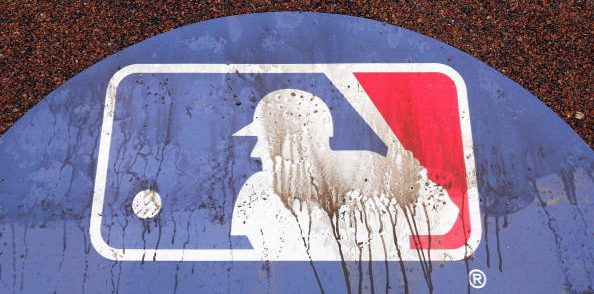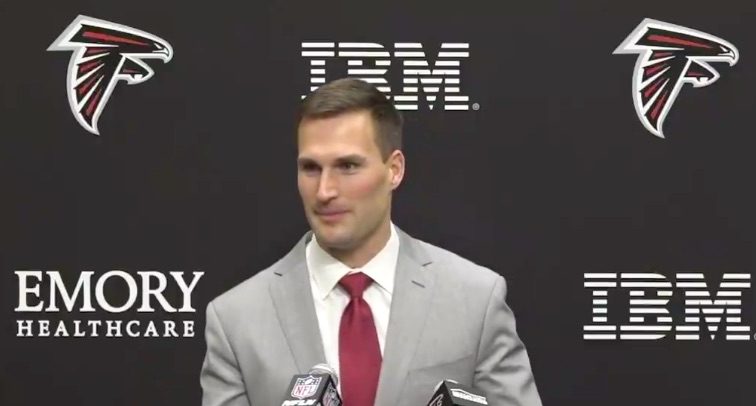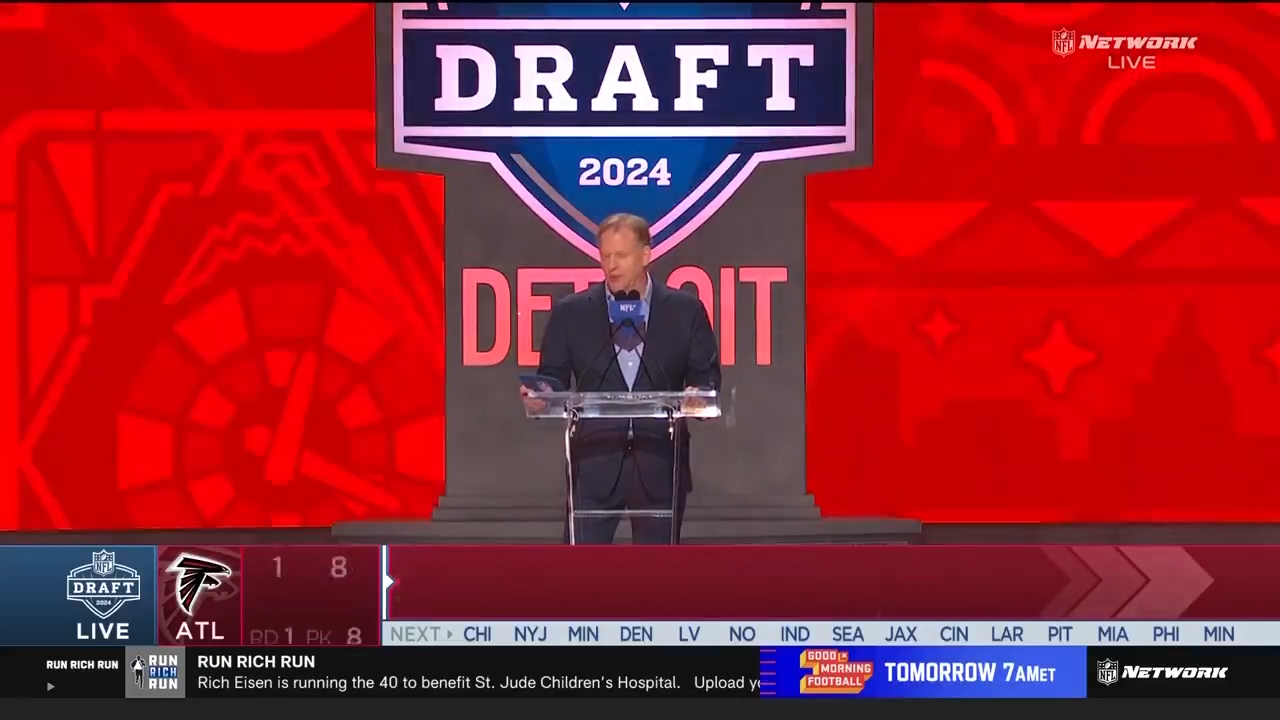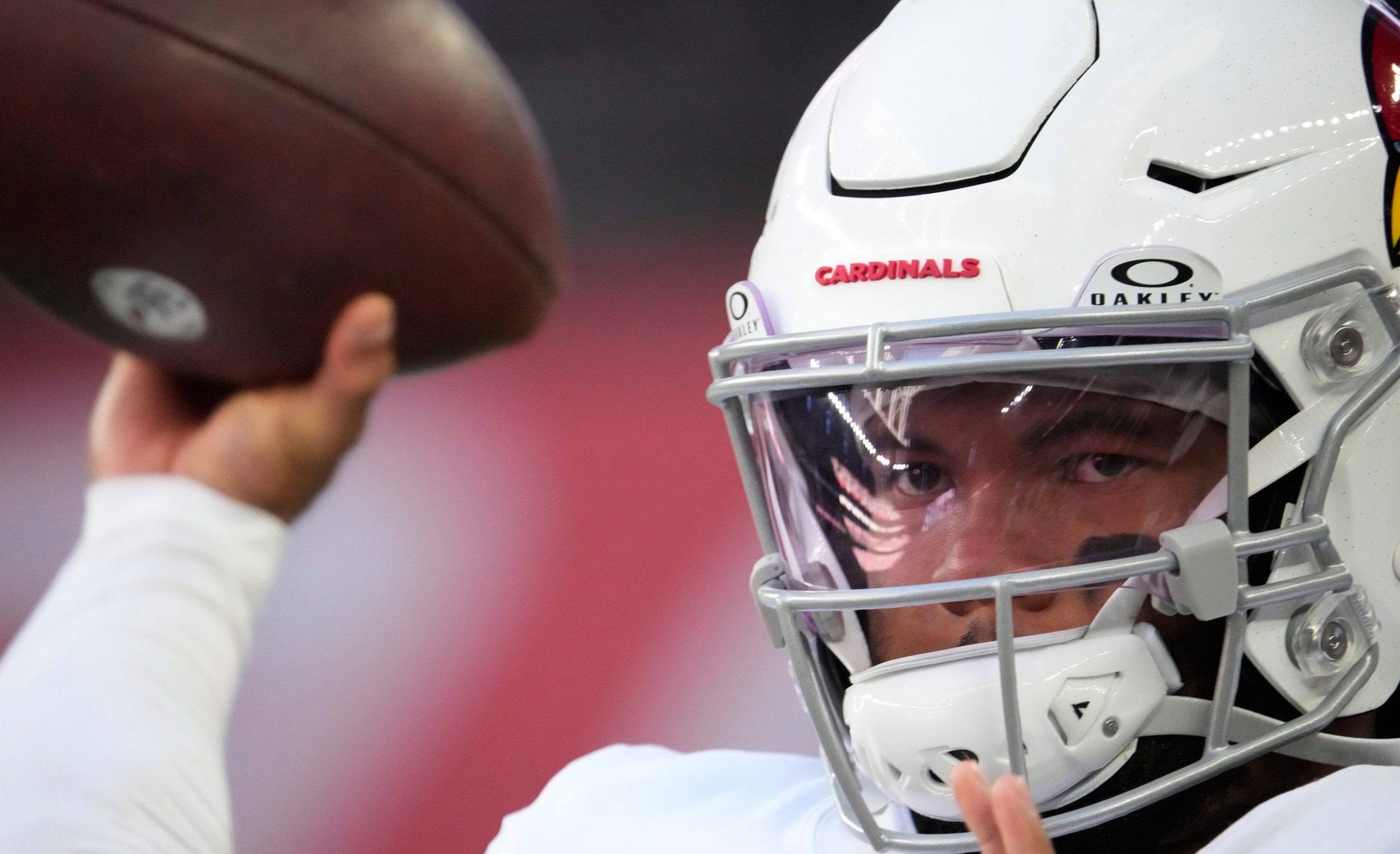Ahead of Major League Baseball’s planned July 23 start of its season, MLB teams have been doing training camps at their stadiums (following the shutdowns of their Florida and Arizona training camps amidst surges in those states), and they’ve been conducting both intake and monitoring COVID-19 testing on players and staffers. MLB and the MLB Players Association jointly announced the results of that testing so far (from June 27-July 9) Friday, and those results include 83 different people (from 28 of the 30 clubs) testing positive:
Testing results under MLB's COVID-19 Health Monitoring & Testing Plan were jointly announced today by @MLB and the @MLB_PLAYERS. pic.twitter.com/3xwXFXC2Bm
— MLB Communications (@MLB_PR) July 10, 2020
This is not the total number of MLB players and staffers who have tested positive for COVID-19 so far, as cases like the Phillies (five players and three staffers reported as testing positive on June 19), Rockies (three players, including Charlie Blackmon, reported as testing positive on June 24), and Blue Jays (one player reported with symptoms on June 19; it’s unclear if that resulted in a positive test or not) occurred before the start of the June 27 intake screening. As for who has tested positive, not all of the names are known, but USA Today‘s Gabe Lacques has tabulated the 43 players whose tests were made public as of July 7 here.
These numbers also come at a time where questions have been raised about MLB’s testing process. There have been plenty of cases over the past week where either testers didn’t show up or test results weren’t returned quickly, leading to five teams briefly suspending workouts. And there have been questions about their decision to use saliva tests rather than nasal swabs, and to run all tests through the Sports Medicine Research and Testing Laboratory in South Jordan, Utah. Sports Illustrated‘s Emma Baccellieri explored the testing program and its potential vulnerabilities in a feature Friday, and an early paragraph there is particularly notable:
Results were late. Test collectors reportedly failed to come to some stadiums. Some tests were lost or seemed questionably accurate. Five teams were forced to cancel workouts as they waited to hear the status of samples sent to the lab two or three days previously. There was vocal frustration from players, managers, and front-office executives. In a Monday statement, MLB said that the July 4 weekend had been responsible for “unfortunate” delays and assured that there would not be a recurrence. But the holiday was not a satisfying answer for why the Giants had to call off their team workout to wait for results on Tuesday, or why Alex Bregman had to miss practice because of a delayed test on Wednesday. It left people around the game questioning: Is this a major league testing protocol?
It’s notable that amidst all this, many MLB players have already opted out of the 2020 season. Ryan Zimmerman, Joe Ross and Mike Leake announced their decisions June 29, with others including David Price, Ian Desmond, Nick Markakis, Felix Hernandez, and Welington Castillo joining them. Buster Posey is the latest to opt out, officially announcing that decision Friday:
Buster Posey and his wife are adopting identical twin girls. That is why he has missed time in camp. The twins were born prematurely and stable but will be in NICU for some time. He is opting out of the season.
— Andrew Baggarly (@extrabaggs) July 10, 2020
OFFICIAL: Buster Posey has opted out of the 2020 season. #SFGiants pic.twitter.com/wd9VE9219l
— SFGiants (@SFGiants) July 10, 2020
Here's Buster Posey's statement today announcing he and his wife Kristen have adopted twins and also saying he will opt out of the 2020 baseball season. pic.twitter.com/vYcP0Nib27
— Kerry Crowley (@KO_Crowley) July 10, 2020
We’ll see where MLB’s testing numbers go from here, and how their plan to begin play later this month works out.







